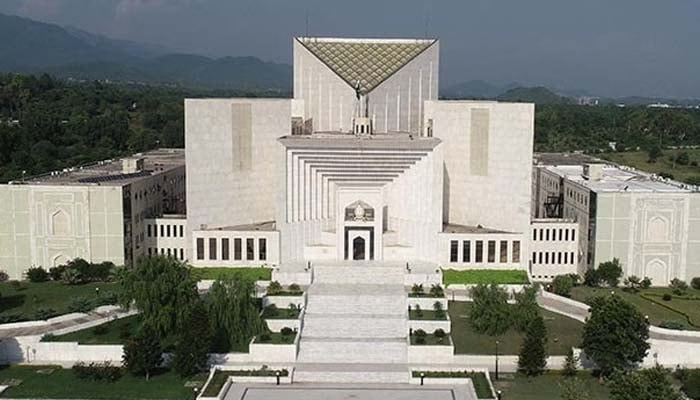The National Accountability Bureau (NAB) has taken significant steps in the fight against corruption by transferring 26 references to accountability courts following initial scrutiny. This move marks a crucial development in Pakistan’s efforts to combat corruption and ensure accountability.
Out of the 26 references, 54 cases are still undergoing a detailed investigation before being presented to the relevant courts. The NAB’s actions come in response to the Supreme Court’s directives to expedite the accountability process and bring those involved in corruption to justice.
One of the first cases to be heard in the accountability courts after this transfer is the Rental Power case, which involves Raja Pervez Ashraf. This case has garnered significant attention due to allegations of corruption in the rental power projects. By initiating proceedings in this high-profile case, the NAB aims to demonstrate its commitment to holding powerful individuals accountable for their actions.
In addition to transferring cases to accountability courts, the NAB has also made a significant decision to seek the services of officers from sensitive intelligence agencies to assist in anti-corruption operations. This decision reflects the seriousness of the NAB in tackling corruption and ensuring that individuals involved in corrupt practices face legal consequences.
The deployment of officers from sensitive agencies to work alongside the NAB signifies a concerted effort to combat corruption on multiple fronts. These officers, who will join the NAB in the coming days, are expected to bring their expertise and resources to bear on high-stakes corruption cases.
Chairman NAB, Lieutenant General (Retired) Naveed Ahmed, has taken proactive measures to strengthen the fight against corruption by requesting officers from sensitive agencies. This collaborative approach underscores the importance of a united front against corruption, with various institutions working together to root out this menace from Pakistani society.
The transfer of references to accountability courts and the collaboration with officers from sensitive agencies represent significant steps toward transparency, accountability, and the rule of law in Pakistan. These actions send a strong message that corruption will not be tolerated, and those involved will be held accountable, regardless of their influence or position. The NAB’s determination to tackle corruption head-on is a positive sign for Pakistan’s ongoing efforts to build a more just and equitable society.



